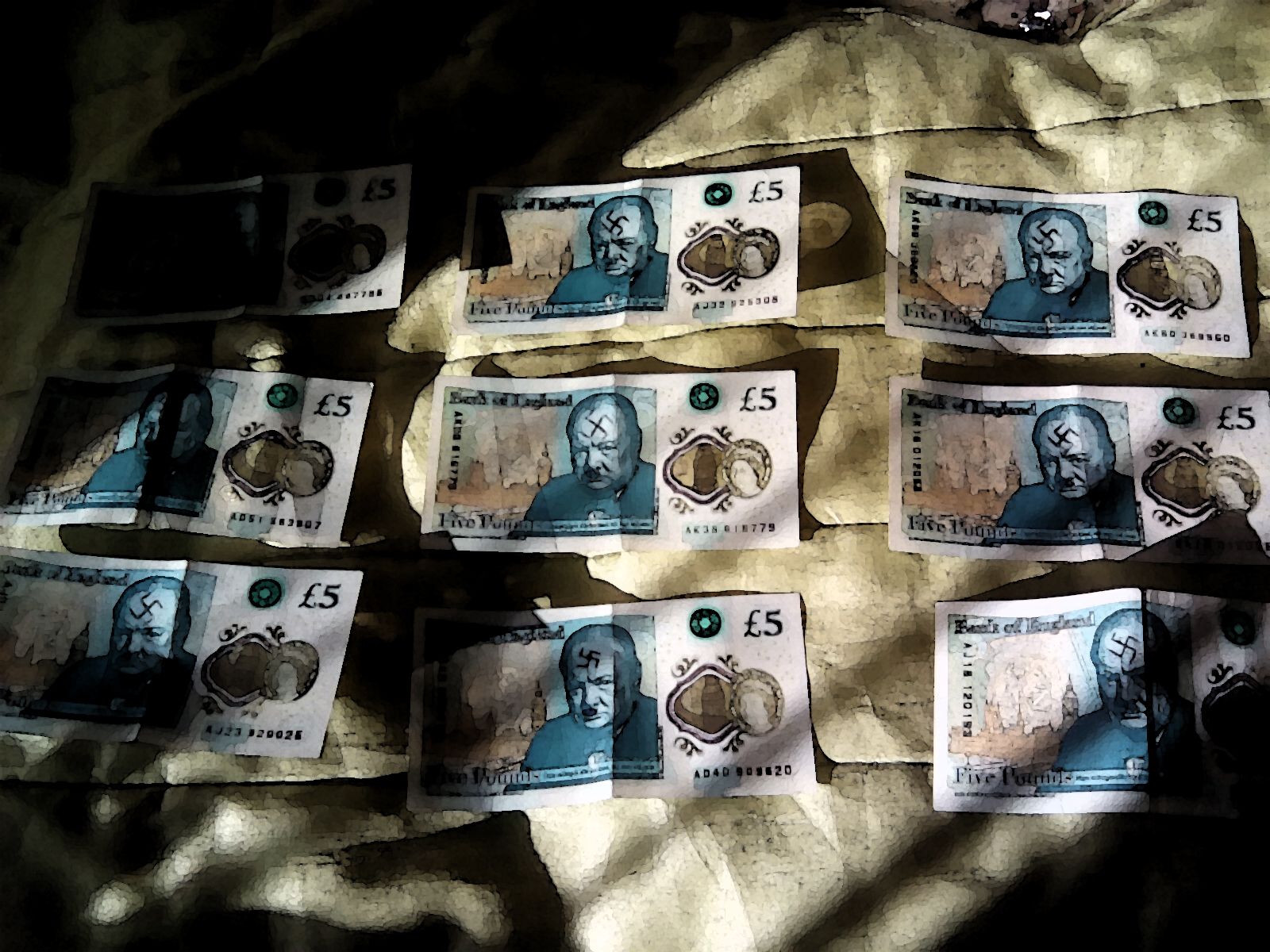Riddle
The entire wealth of the world is backed by 1 printed piece of paper.
Another piece of paper is printed making a total of 2 printed pieces of paper.
Each printed piece of paper is now worth half the value of the world's wealth.
The printed pieces of paper are then printed infinitely in a process called quantitative easing, what is the value of each piece of paper?

That depends...
Are you all out of toilet paper, and do you have diarrhea?
Not with the new plastic ones, my friend.
😬
Mathematically the value of each peace of paper is (The value of the wealth of the world / The quantity of paper) perhaps that's not where you're heading. paper money is the biggest ponzi scheme in the world. but everyone kept cool because there was no competition... now there's cryptocurrency...
Cryptocurrency is changing the game ^_^
Yeees!!!
isn't it freaking exciting to be a part of the great change? :)
Lolz lovely riddle @riskdebonair, but if the printed pieces of paper are printed infinitely, and spread through quantitative easing (QE), then eventually the pieces of paper lose value and won't be backed by any amount of interest. So the value of each piece of paper becomes zero (0)...:) I hope I got it @dee-y over and out.
Thanks for answering!
Eventually the the value would decrease to minimal level ,the act of Demand and supply does as well affects here ;)
So nothing of value at the end !
And they just keep printing and printing and printing, than the news tells us we are dealing with inflation, and most of the world accepts that.
The banks go into a crisis, plea to the goverment to get rid of there debts, they get out debt free.
Start all over again with the printing, and only the consumer gets to suffer.
Repeat this process and profit? (for them that is)
Great world we live in.
Now the same is happening in crypto with tether.
I guess paper money is the biggest fraud in human history...You just had to fundamentally trust the institution printing the paper money that it could somehow back up the value...
You are right I guess
Depends on the rate of manufacture and the rate of wear and tear destruction.
Nice view!!!
Marvelous gift!!
great issue to deep thinking
Hi my friend riskdebonair , i'm glad to see your post, a very beautiful post as always :)